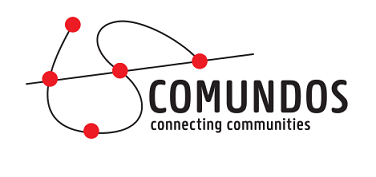Access to drinking water: a conundrum
It is often said that water is life, but I am troubled by the difficulties of access to drinking water for the inhabitants of the city of Lubumbashi.
My name is Ernest Ngongo. I live in the Kalubwe district of Lubumbashi. After independence, the DRC suffered from a lack of infrastructure for access to drinking water due to the almost exponential growth of its population.
It is estimated that only 30% of the population has easy access to quality drinking water, despite the fact that the country has more than 50% of the African continent's water reserves.
In my neighbourhood, every morning, young girls and boys set off with their jerry cans, pots and pans in search of a water source, travelling several kilometres.This water, which is usually not drinkable, comes from a well (drilled or dug by hand), from a less developed water source, from a river, etc.
Diarrhoeal and water-borne diseases, degradation of drinking water sources, pollution of groundwater threaten the health of the population and the ecosystem. Some have found it a source of income, and do not hesitate to charge 100 francs for a 20-litre can, an additional cost on their daily expenses.
We call on the Congolese government to become aware of the seriousness of the situation and to invest massively in this sector before the situation gets out of hand. Prevention is better than cure, they say!
A gift for Comundos
Over the years, Comundos has helped remote communities around the world by teaching critical thinking, media literacy and the use of communication technology.
To do this effectively, we need your support for computers, translations, courses and social media management.
Thank you .
BE11 1030 2973 8248




